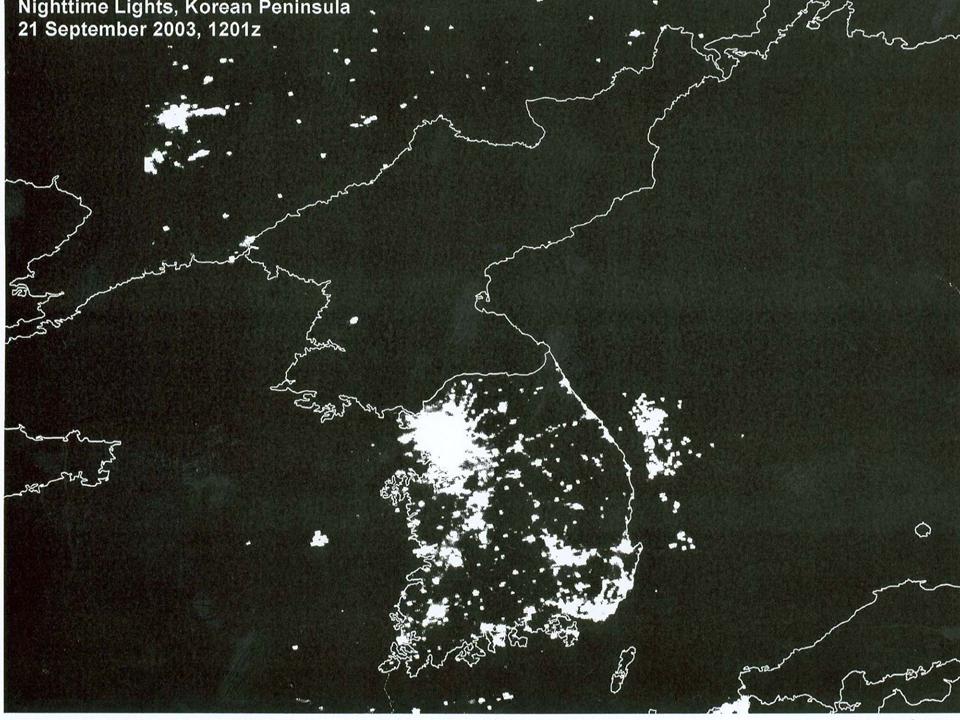Water capture
I was intrigued by the ability of this tiny plant to capture and retain droplets of water on its leaves. From a marshland walk this morning.
The road in winter
Ever since we first saw them, F & I have been fascinated by David Hockney’s series of paintings of roads in his native Yorkshire, and so we’re always on the lookout for “Hockney Roads”. Driving to Norfolk in the rain yesterday we suddenly came on this view of the road to Ringstead (my favourite village), stopped the car, and I took this shot through the windscreen. The light was amazing, and it only lasted for a few seconds, but this captures it. Shot with a 90mm f2 Summicron.
Larger size here.
A novel use for duct tape?
From Reuters.
(Reuters) – Two Arizona parents were arrested by sheriff’s deputies after apparently posting pictures on Facebook that showed their children, an infant and a toddler, bound with duct tape, authorities said on Thursday.
Coconino County deputies arrested Frankie Almuina, 20, and Kayla Almuina, 19, on suspicion of two counts of child abuse on Wednesday at their northern Arizona home after being alerted to the photos by an anonymous tip.
The children, a 2-year-old toddler and a 10-month-old infant, were seen online bound with duct tape on their wrists and ankles with their mouths taped shut, Commander Rex Gilliland told Reuters. One of the children was shown hanging upside down on an exercise machine.
The parents told investigators that the photos, posted on the mother’s Facebook account, were a joke and that the children were not harmed, Gilliland said.
If this hadn’t been filed by Reuters, I’d have thought it was a hoax.
Tolkien: the unlikely revolutionary
I’ve never seen the point of Hobbits et al, so hadn’t really thought about J.R. Tolkien until (a) I was asked to buy a copy of the first volume of The Lord of the Rings for someone as a Christmas present and (b) I came on this piece by Adam Gopnik in the New Yorker. What captivated me were its opening paragraphs.
At Oxford in the nineteen-forties, Professor John Ronald Reuel Tolkien was generally considered the most boring lecturer around, teaching the most boring subject known to man, Anglo-Saxon philology and literature, in the most boring way imaginable. “Incoherent and often inaudible” was Kingsley Amis’s verdict on his teacher. Tolkien, he reported, would write long lists of words on the blackboard, obscuring them with his body as he droned on, then would absent-mindedly erase them without turning around. “I can just about stand learning the filthy lingo it’s written in,” Philip Larkin, another Tolkien student, complained about the old man’s lectures on “Beowulf.” “What gets me down is being expected to admire the bloody stuff.”
It is still one of the finest jests of the modern muses that this fogged-in English don was going home nights to work on perhaps the most popular adventure story ever written, thereby inventing one of the most successful commercial formulas that publishing possesses, and establishing the foundation of the modern fantasy industry.
Assertion
George Orwell likened advertising to “the rattling of a stick in a swill bucket”. Perhaps that was because the advertising is his day was so crass — like this ad which probably dates from late Victorian times. But here’s a terrible thought: maybe this looked cool and clever to those at whom it was aimed. And maybe our own oh-so-cool-and-clever advertising will look just as pathetic and dated to our great grandchildren.
Shopaholicism
I hate shopping (one reason why I am ambivalent about Christmas), and am constantly amazed by people who apparently love doing it. Here are some examples: the people queueing for our local park-and-ride bus heading into the post-Xmas ‘sales’. Weird.
Rationality’s feeble grip
This is the scariest thing I’ve seen all year: the mass hysteria in North Korea following on the death of yer man (whose name I can never remember). The big question is: is it really possible to induce this kind of mass hypnosis in millions of people? The answer: apparently, yes.
As Andrew McLaughlin (from whom I picked up the link) puts it:
It’s depressing to be reminded that it’s possible, with energetic and relentless propaganda, surveillance, and oppression, to delude vast numbers of human beings into genuine feelings of attachment to, and dependence on, a brutal sociopath responsible for the degradation and humiliation of millions, and the starvation and murder of millions more.
Watching the effects of a lifetime of propaganda and information control is a powerful spur to renew our commitment to freedom of speech and conscience, as well as to the protection of individual dignity. It’s an opportune moment for the Internet activist community to make a sustained push to subvert state control of networks and information flows in North Korea.
And, while we’re on the subject, have a look at this satellite image of North and South Korea by night — taken in September 2003 when the Great Leader was in his prime.
Patently absurd
From Slashdot.
“If you’re the giver or recipient of presents gift-wrapped by Amazon, you may want to take a gander at U.S. Patent No. 8,060,463, granted to Amazon last month for Mining of User Event Data to Identify Users with Common Interests. Among other things, Amazon explains the invention can be used to identify recipients of gifts as Christian or Jewish based on wrapping paper. From the patent: “The gift wrap used by such other users when purchasing gifts for this user, such as when the gift wrap evidences the user’s religion (in the case of Christmas or Hanukkah gift wrap, for example.)”
And then there’s this (also from Slashdot):
“You have to love a case where Warner Brothers, copyright maximalist extraordinaire, gets sued for ‘piracy,’ in this case for using a knock-off Louis Vuitton bag in a recent movie. This lawsuit has been described as ‘awkward’ for Warner; I have to agree with that characterization. Louis Vuitton’s 22-page complaint (PDF) alleges that Warner Bros. had knowledge that the bag was a knock-off, but went ahead and used it anyway. Apparently Warner Bros. takes IP rights seriously only when its own IP rights are involved.”
Groucho Marx, where are you when we need you?
Vacation message
Sign on a door in Cambridge.







